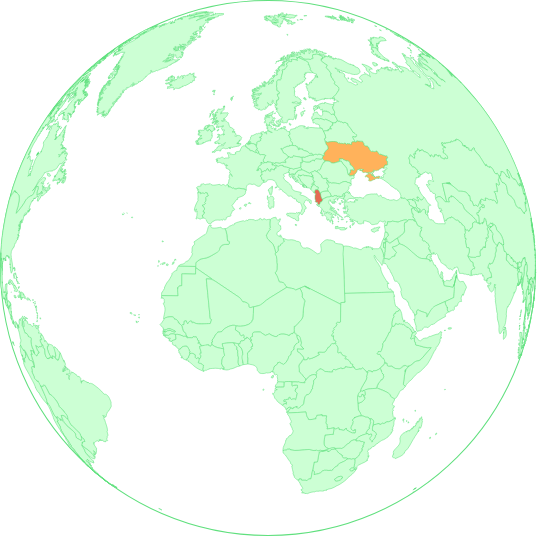
Without key political knowledge and skills, such as understanding power, organizing, and engaging in civil discourse, it will remain difficult for young people to assume leadership roles within locally-led development efforts. To encourage young people from outside of the DRG community to engage in programs that promote civic and political participation, youth development practitioners and young leaders should design programs that integrate introductory or refresher political skills training at the onset of programming. This practice ensures participants from diverse sectors with different skill levels are able to meaningfully engage in the activity, even if they, for example, lack debate experience or a background in advocacy.
Including technical training opportunities at the beginning of programs also helps to ensure a more inclusive and equitable experience for all young people. For example, young people from certain identity groups or backgrounds may lack opportunities to participate in training or other opportunities to develop their technical political skills. This practice also creates a diverse group of program participants, which provides young people with the opportunity to engage people with differing opinions and expertise, which can create a more robust and cross-sectoral learning experience during the training program.
When seeking participants from diverse backgrounds to take part in your activity, make sure you are clear about the baseline technical skills you expect the individual to have to meaningfully engage in the program. Often people will not take the time to apply for a program if they think that they are under qualified to participate. For example, if you are providing skills training at the onset of your program, be clear about this component in order to assure applicants that they will be able to meaningfully participate in the activity, even if they do not already have a specific skill set.

The EDYN Albania chapter selected 48 candidates to participate in a “Youth in Europe” debate program. The selected participants underwent a training curriculum designed to hone their technical debate skills in preparation for the competition.
As part of the #WhyWeVote program in Ukraine, CEPPS/IRI conducted weekly seminars for over 100 candidates, campaign team members, and young civic activists throughout Ukraine on how to create effective videos for advocacy.
Make Sure Lessons Stick
In addition to offering training at the beginning of a program, it is necessary to provide follow-up training opportunities or check-ins to evaluate participant’s knowledge and their understanding of program concepts. Gathering participant feedback can help refine and influence program adjustments and activity implementation. As such, it is critical to find opportunities throughout the program for young people to engage in monitoring, evaluation, learning, and adaptation processes. Additionally, the social and political context often changes throughout the life of a program. Training should be tailored based on what young people need in order to achieve their goals within the evolving space.
One of the most concrete ways to help young people develop political know-how is through concrete action, reflecting on experiences, and adjusting each step of the way. Young people who engaged in reviewing the case studies emphasized the importance of including experiential learning, like opportunities for volunteer activities or internships, in technical skill-building programs. “Learning-by-doing” provides young people with real-world opportunities to practice what they are learning with guidance and mentorship.


Identifying Participants From Across Sectors
One of the most challenging aspects of engagement across sectors is knowing where to start. Here are some ideas to identify participants for your program outside of your current sector and network:
- Map the environment in which you are working. For example, when designing programs, you should think about who your allies are and if there are any existing networks that have an interest or mission statement that aligns with your efforts.
- Leverage existing relationships with organizations and networks to build cross-sectoral partnerships. For example, does a current partner have connections in the health sector or at a social enterprise?
- If recruiting young people for a specific opportunity, broadly advertise the opportunity online. The internet allows you to amplify your reach and discover new applicant pools outside of your current network. A couple of ways to do that include:
- Posting on Facebook and other social media. Posts should always encourage further sharing of the opportunity through a call to action.
- Post on relevant youth-focused websites, such as YouthLEAD, as an event or funding opportunity. Note: only members have access to this feature (but you can become a member for free).
- Directly reach out to organizations across sectors to discuss your activity or to get recommendations for candidates. “Cold calls,” to possible partners can be fruitful. Make sure that you present your request as having value in a respectful, professional way.










